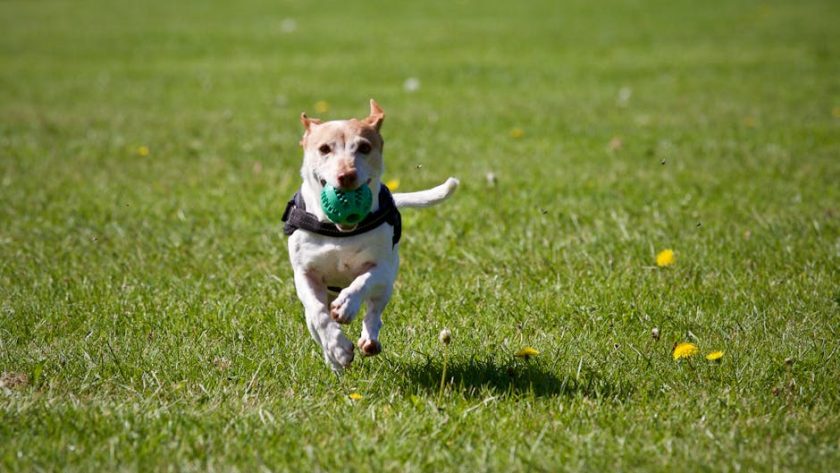Dog training is an essential aspect of responsible pet ownership that not only strengthens the bond between you and your furry companion but also ensures their well-being and happiness. With patience, dedication, and a few simple techniques, you can transform your dog into a well-behaved and obedient member of your family.
**The Importance of Dog Training**
Dog training goes beyond teaching your dog basic commands like sit, stay, and come. It also involves socializing them, addressing behavioral issues, and instilling obedience to ensure their safety and the comfort of others. Well-trained dogs are more likely to be respected and accepted in society, reducing the risk of unwanted incidents.
**Getting Started: Essential Commands**
Begin training by teaching your dog basic commands such as sit, stay, come, heel, and down. Use positive reinforcement, such as treats or praise, to reward desired behavior and avoid punishment. Consistency is key, so practice these commands regularly in various environments.
**Socialization and Behavioral Training**
Socialization is crucial for dogs to develop appropriate interactions with humans and other animals. Expose your dog to a variety of people, places, and experiences while they are young. Address behavioral issues such as jumping, barking excessively, or aggression by identifying the underlying cause and using positive training techniques to redirect their behavior.
**Advanced Training: Building Obedience**
Once your dog masters the basics, you can progress to advanced training. This includes teaching your dog to walk on a loose leash, perform tricks, and retrieve objects. Obedience training not only enhances your dog's intelligence but also strengthens your bond and builds their confidence.
**Choosing the Right Training Method**
There are various dog training methods, and choosing the right one depends on your dog's personality and your preferences. Positive reinforcement, reward-based training, clicker training, and dominance-based training are common approaches. Consult a professional dog trainer to determine the best method for you and your dog.
**Patience and Understanding**
Dog training requires patience, understanding, and a positive attitude. Avoid getting frustrated or angry with your dog, as this can damage your relationship and hinder their learning. Be patient and celebrate small successes along the way.
**Consistency and Repetition**
Consistency is essential for effective dog training. Practice commands regularly and in various environments to reinforce desired behavior. Repetition helps your dog remember and understand what is expected of them.
**Reward and Motivation**
Rewards are a powerful tool in dog training. Use treats, praise, or affection to motivate your dog and make training sessions enjoyable. Find out what motivates your dog and use it to reinforce positive behavior.
**Conclusion**
Dog training is an ongoing process that requires dedication and patience. By following these tips and consulting a professional dog trainer if needed, you can unlock your dog's potential and build a strong, fulfilling bond with your loyal companion. Remember, the key to successful dog training is positive reinforcement, consistent practice, and a loving and supportive environment.

